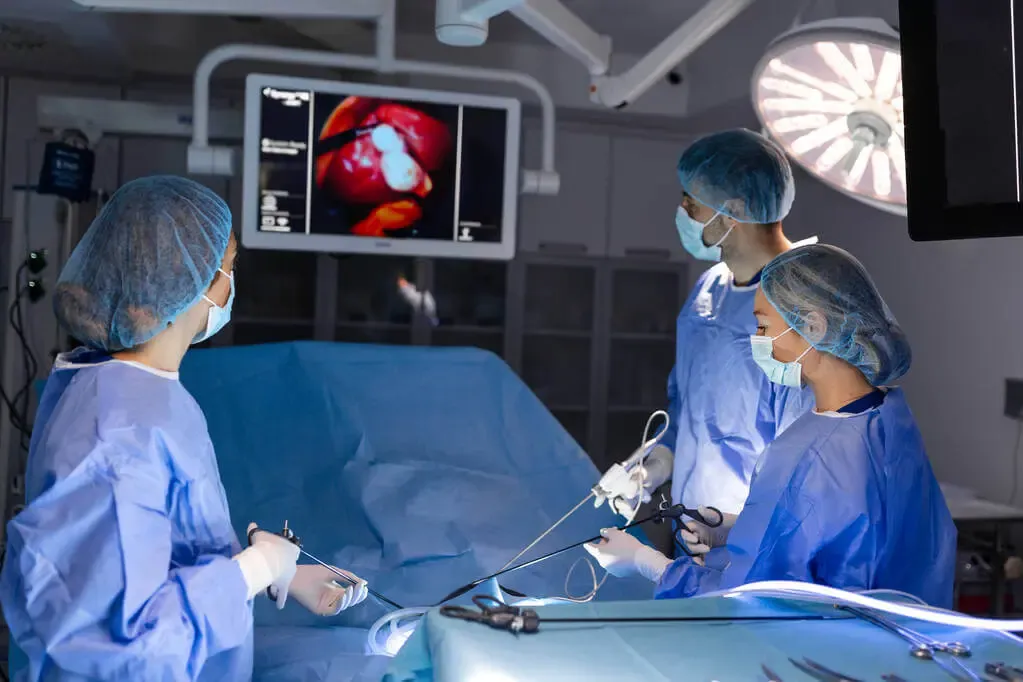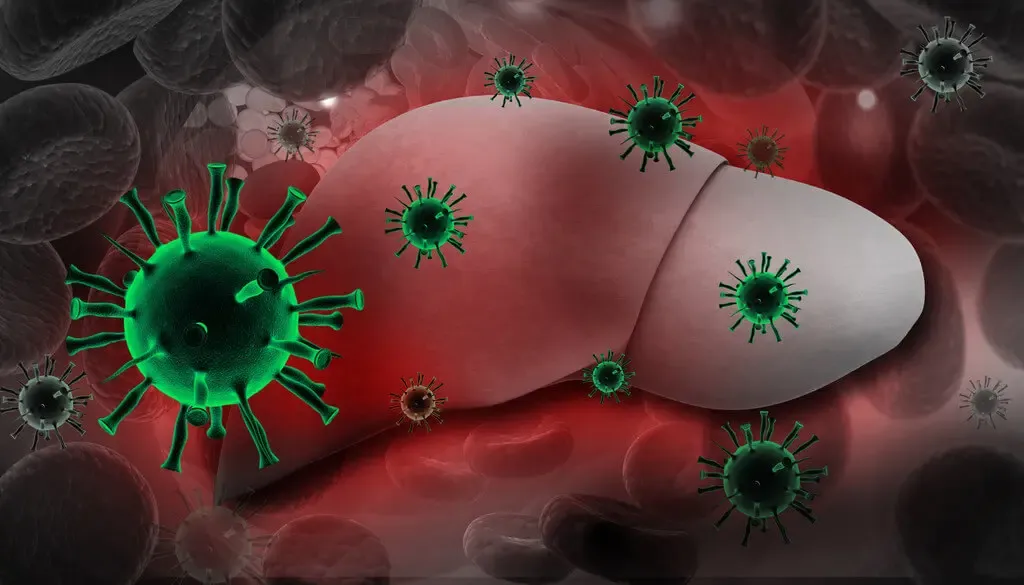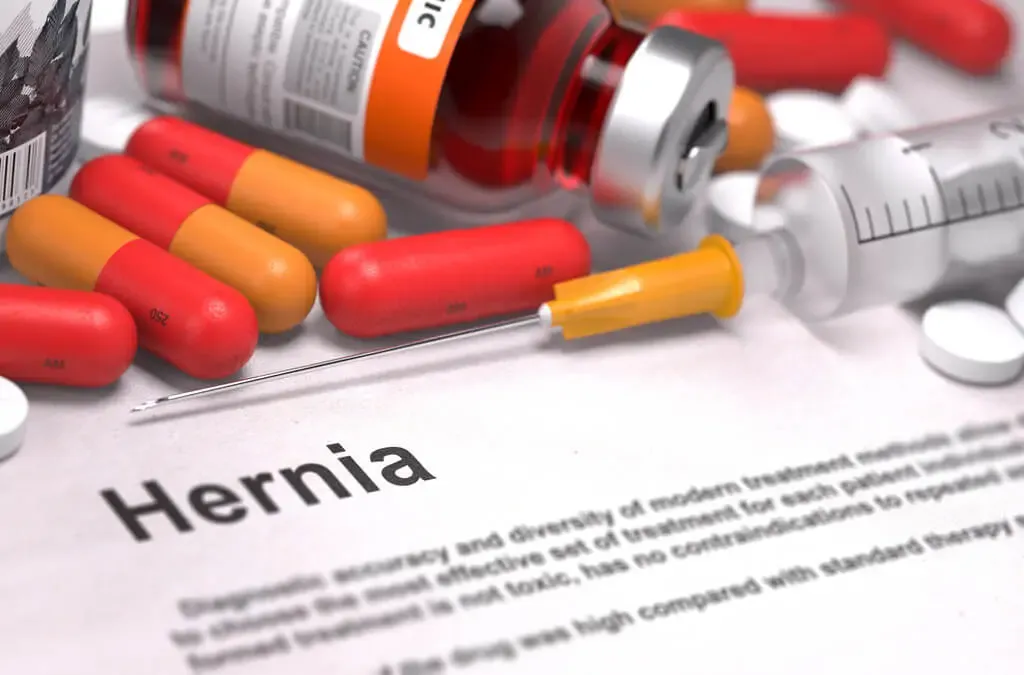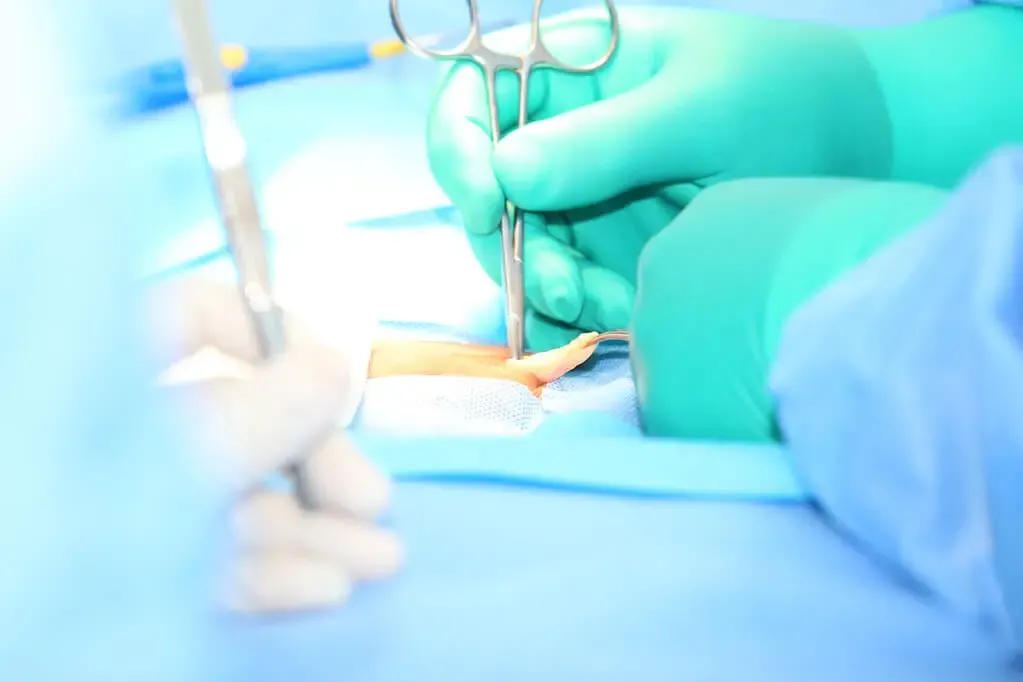Signs of a Hernia
A hernia is a common condition that can cause a variety of symptoms. Early detection is crucial in order to reclaim your life and enjoy a good quality of life. There are several signs and symptoms that may indicate the presence of a hernia.
Noticeable Signs and Symptoms
One of the most noticeable signs of a hernia is an abdominal bulge. This can occur in the groin area, the belly button, or the upper abdomen. The bulge may be more visible when standing or straining, and it may disappear when lying down.
Another common symptom of a hernia is groin pain. This can range from a dull ache to sharp, stabbing pain. The pain may worsen when coughing, bending over, or lifting heavy objects.

Discomfort during certain activities or movements is also indicative of a hernia. You may experience a sense of pressure or heaviness in the affected area. This can make it challenging to perform everyday tasks or engage in physical activity.
Seeking Medical Attention
If you are experiencing any of these physical indications, it is essential to seek medical attention. The sooner a hernia is diagnosed, the more treatment options will be available.
In many cases, conservative treatments such as lifestyle changes or physical therapy can help manage symptoms and prevent further complications. However, some hernias may require surgical repair.
Types of Hernia
There are several types of hernias that affect different parts of the body. The location and type of hernia can help determine the best course of treatment.
Inguinal Hernia: This type of hernia is most common in men and occurs when a portion of the intestine protrudes through a weakened area in the abdominal wall near the groin.
Femoral Hernia: This type of hernia occurs when a portion of the intestine protrudes through the femoral canal, which is located in the upper thigh near the pubic bone.
Umbilical Hernia: This type of hernia occurs when a portion of the intestine protrudes through the abdominal wall near the belly button. It is common in both men and women.
Hiatal Hernia: This type of hernia occurs when the upper part of the stomach protrudes through the diaphragm into the chest cavity.

Hernias are common conditions that may cause a variety of symptoms. Early detection is key to reclaiming your life and enjoying a good quality of life. If you are experiencing any of the signs or symptoms of a hernia, it is essential to seek medical attention.
Causes of a Hernia
A hernia occurs when an organ or fatty tissue pushes through a weak spot in the abdominal wall.
Several factors can contribute to the development of a hernia. Strenuous activities that involve heavy lifting or straining, such as weightlifting or intense workouts, can weaken the abdominal muscles over time and increase the risk of a hernia.

Other Causes
Other causes of a hernia include obesity, pregnancy, and chronic coughing. Excess weight and pressure on the abdominal wall can weaken the muscles and create an opening for a hernia to occur. Pregnancy and the strain it puts on the abdomen can also contribute to the development of a hernia.

Certain medical conditions and lifestyle choices can also increase the risk of a hernia. Weak muscles, constipation, cystic fibrosis, fluid in the abdomen, wear and tear with age, and previous abdominal surgery can all play a role in the formation of a hernia. Smoking is another factor that can weaken the abdominal muscles and contribute to the occurrence of a hernia.
Understanding the causes of a hernia is crucial in preventing its occurrence. By avoiding heavy lifting, maintaining a healthy weight, managing chronic coughing, and addressing any underlying medical conditions, individuals can reduce their risk of developing a hernia and protect their abdominal wall.
Solutions for a Hernia
When it comes to solutions for hernia repair, there are several surgical options available, including laparoscopic and open surgery.
Laparoscopic Surgery
Laparoscopic surgery is a minimally invasive procedure that involves making small incisions and using a camera and specialized instruments to repair the hernia. This technique is preferred by many healthcare providers due to its shorter recovery time and reduced risk of complications.

Open Surgery
Open surgery, on the other hand, involves making a larger incision directly over the hernia site to repair the weakened muscles or close the opening. This technique may be necessary for complex or large hernias that cannot be effectively treated through laparoscopic surgery.
The primary goal of hernia repair surgery is to safely get the organs back in their proper place, allowing individuals to resume their regular activities and improve their quality of life.
It is important to consult with a healthcare provider to determine the most appropriate surgical option based on the specific hernia case and individual needs.
Can a Hernia Heal Without Medical Intervention?
When it comes to hernias, one question that often arises is whether a hernia can heal itself. The answer is no – hernias do not heal on their own and medical treatment is necessary for proper management.
Treatment with Surgery
Hernias can be treated with surgery or watchful waiting. Surgery is recommended for symptomatic or serious cases. It involves repairing the weakened muscles or closing the opening to prevent the hernia from worsening or causing complications.
There are different types of hernia surgeries available, including open hernia repair and laparoscopic hernia repair.
Watchful Waiting
However, for asymptomatic or minimally symptomatic hernias, a watchful waiting approach may be recommended. This involves monitoring the hernia for any changes or worsening symptoms. While the hernia may not heal on its own, in some cases, if the symptoms remain mild and do not interfere with daily activities, surgery may not be immediately necessary.
It is important for individuals with hernias to be alert for any worsening symptoms, such as increasing pain or discomfort, and to seek medical attention if any changes occur. Consulting with a healthcare provider is essential to determine the most appropriate treatment option based on the specific hernia case and individual needs.
Untreated Hernias Can Lead to Complications
When left untreated, hernias can lead to serious consequences and potentially life-threatening complications. Without proper medical intervention, the risk of complications such as infection, blockage, and organ strangulation increases.
Can Lead to Infections
Untreated hernias can become prone to infection as the protruding tissue can easily become irritated or injured. This can lead to pain, redness, swelling, and even the development of an abscess. Infections can spread rapidly and may require aggressive treatment with antibiotics or even surgical drainage.

Can Create a Blockage
Another potential complication of untreated hernias is a blockage. As the hernia grows in size, it can start to obstruct the normal flow of food or waste through the affected area. This can result in symptoms like nausea, vomiting, bloating, and constipation or difficulty passing stool or gas. If the blockage persists, it can lead to a bowel obstruction, which is a medical emergency that requires immediate intervention.
Organ Strangulation
One of the most dangerous complications of hernias is organ strangulation. If the hernia becomes trapped or twisted, it can cut off blood supply to the protruding organ or tissue. This can cause severe pain, tenderness, and a change in the color of the trapped organ or tissue.
Organ strangulation requires emergency surgical intervention to restore blood flow and prevent tissue death.
Look Out for Symptoms
Recognizing the signs of a worsening hernia is crucial in seeking prompt medical attention. Symptoms like increasing pain, swelling, redness, inability to push the hernia back in, vomiting, and fever may indicate a serious complication that needs immediate evaluation by a healthcare provider.
Early Detection and Treatment
Early detection and timely treatment of hernias are key to preventing complications and maintaining a good quality of life. Medical and surgical options, such as hernia repair surgeries, are available to correct the underlying issue and alleviate symptoms.
Consulting with a healthcare professional can help determine the most appropriate treatment option based on the individual’s specific hernia case and needs.

Think You Have a Hernia?
Hernias are a common medical condition that can cause discomfort and affect your daily life. Identifying the signs and symptoms of a hernia is essential for early detection and timely treatment. If you experience any of these symptoms, it is important to seek medical attention promptly.
The most common signs of a hernia include pain or discomfort in the affected area, such as the abdomen or groin. You may also notice a bulge or swelling in the area, especially when lifting heavy objects or straining. Other symptoms can include a dull ache or feeling of pressure in the affected area, particularly after physical activity or during everyday tasks.

If you suspect you have a hernia, it is important to seek medical attention as soon as possible. Early detection can prevent the condition from worsening and reduce the risk of complications. Without proper treatment, a hernia can become prone to infection, leading to pain, redness, and swelling. It can also cause a blockage, resulting in symptoms like nausea, vomiting, and constipation. In severe cases, a hernia can lead to organ strangulation, which requires emergency surgical intervention.
Don’t ignore the signs of a hernia. By seeking medical attention promptly, you can take control of your health and reclaim your quality of life. Remember: early detection is key to avoiding potential complications and ensuring comprehensive treatment options.





